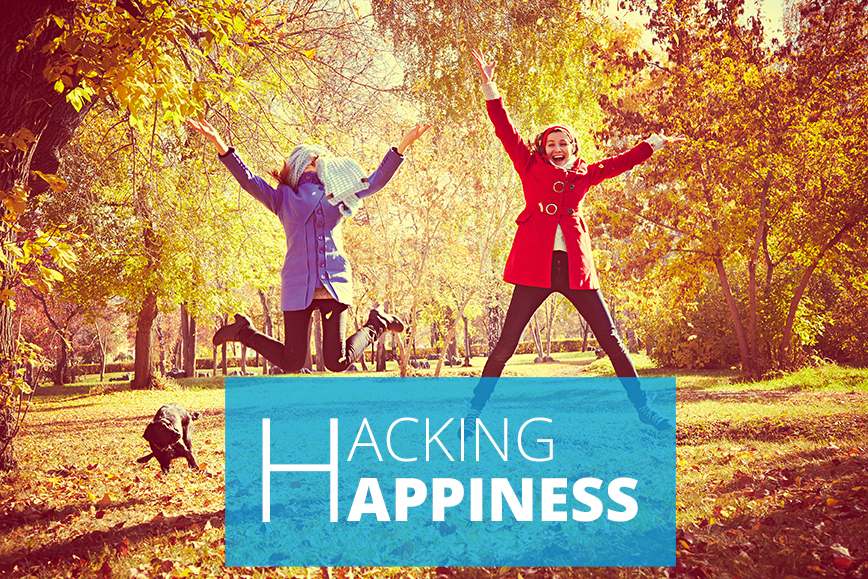Do you remember when Western science scoffed at meditation? When it was considered pseudo-scientific (if not New-Agey) to talk about a mind-body connection or the possibility that our brains remain malleable and plastic throughout our lives? Sebastian Nienaber asks if you’ve noticed how things have changed.
Nowadays, hardly a day goes by without a new scientific study being published on how exercise can boost our memory, how meditation improves concentration or how the right kind of diet enhances our mood.
After centuries of looking at human life through a mechanical, one-dimensional lens, science is shifting towards a more nuanced and subtle understanding of what it means to be happy. Instead of alienating us from ourselves, science seems to point back to our multi-dimensional nature.
Along with the rise in scientific evidence, an increasing number of tracking devices and wearable technology now allow us to collect data on anything from our fitness and nutrition levels to the quality of our sleep. Neurofeedback devices can help us train our level of concentration and relaxation. On many levels, technology is starting to help us become more aware of the multitude of factors that make up our physical, mental and emotional wellbeing. Self-understanding and the pursuit of happiness have entered a technological and data-driven age.
From a scientific point of view, terms like happiness and wellbeing were always slightly elusive and a bit fluffy. Over the last decade, however, a growing number of studies have identified factors that can be said to make up our happiness. As such, attempts to quantify happiness have become more and more prevalent, as shown by the publication of the first World Happiness Report in 2012.
Assured by scientific evidence and geared with new technology, more and more people are becoming interested in how they function. Seeing a direct and quantifiable relationship between certain habits and how we feel empowers us to make positive changes to our lives. Suddenly, self-discovery and improvement – long considered by many to be just empty new-age jargon – are becoming more tangible, or dare I say, traceable possibilities.
The convergence of science, technology and wellbeing that I am describing has profound implications on our notion of happiness. We realise that we can decode or ‘hack’ our happiness.
Originally associated with computer crime, ‘hacking’ has taken on a whole new meaning in the last few years. Indicating curiosity and the ability to find out for ourselves, it suggests a greater sense of independence and self-reliance.
Take meditation for example. For a long time considered to be some new-age woo woo fad, it is rapidly being recognized as an inner technology, one that helps us to understand how our minds work. Or what about nutrition? It’s hard to miss how many people have become more conscious about their diet and response towards certain foods. Connect those (and many other) dots and you see a pattern where a lot more people are trying to ‘hack’ their happiness.
You might argue that this isn’t anything new, that, since the beginning of time, humans always wanted to be happy. True, but here is my point: for the first time in history, we are able to directly track and quantify different aspects of happiness, which in turn gives our technology and data-driven society the assurance and ability to more consciously engage in the pursuit of happiness.
This is exactly what motivated me to set up a conference called Hacking Happiness. Starting with a summit on human potential, performance and wellbeing, this conference took place from the 13th to the 15th of November in London. We are trying to tap into the zeitgeist, responding to the call of more and more who are interested in how they function – physically, mentally and emotionally.
We see it in many of our friends becoming more aware of how certain foods affect their mood, the secularisation of Meditation into Mindfulness or an increasing number of people becoming entrepreneurial. What they have in common is that they start hacking their happiness. They want to understand, find out for themself and become more self-reliant. Bringing together a global line-up of speakers on entrepreneurship, productivity, neuroscience, psychology and healthy living, Hacking Happiness is meant to catalyze this movement.
You can watch the conference on Human Potential, Performance and Wellbeing at www.hacking-happiness.co




